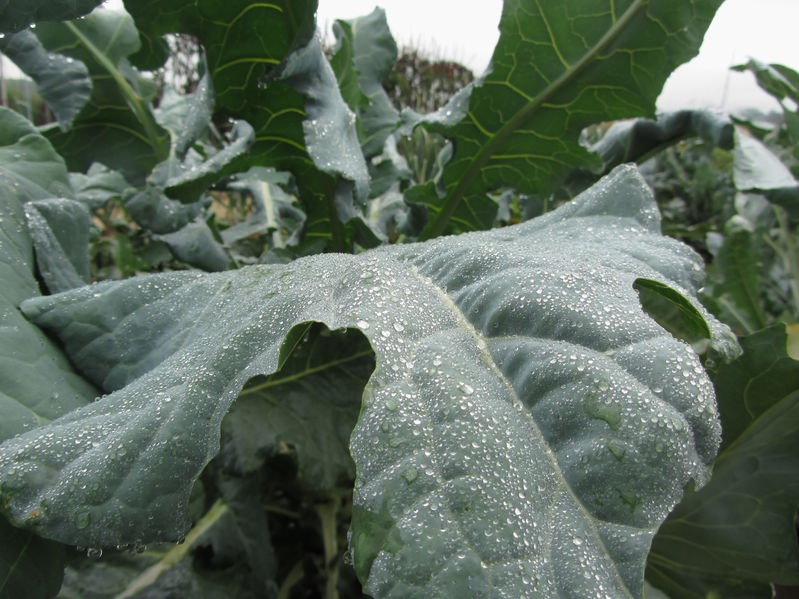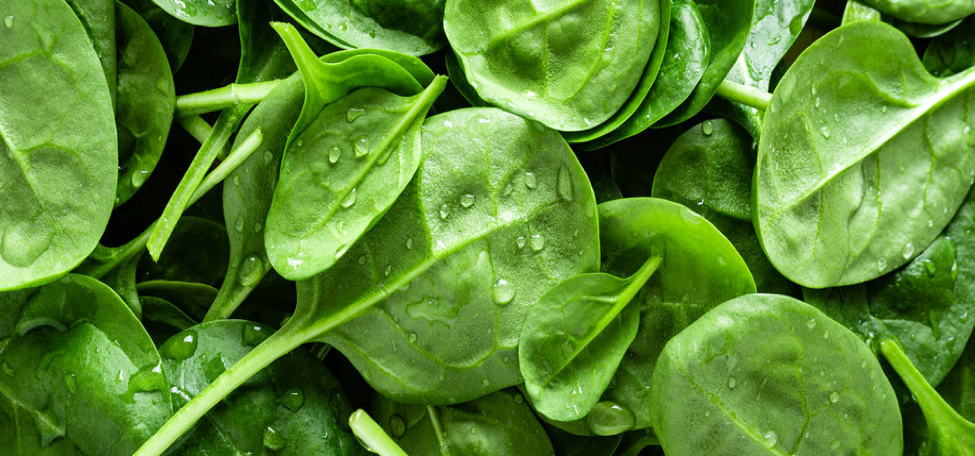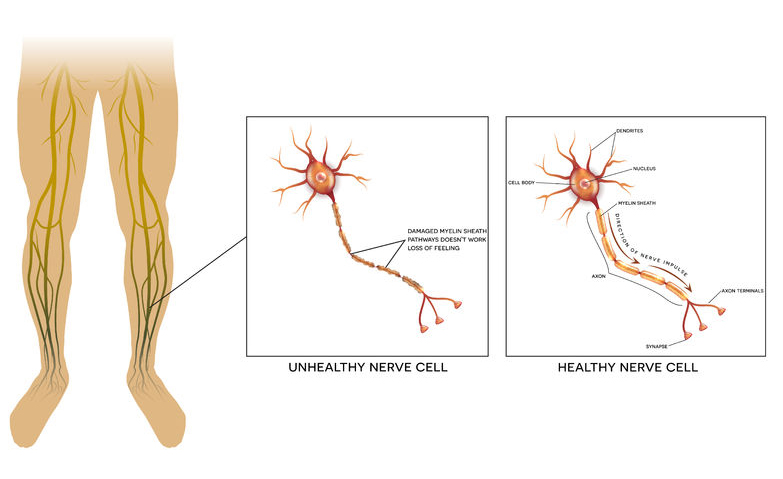Phytochemicals are chemical compounds of plant origin that are created as a result of the plant’s natural metabolism. These phytochemicals help protect the plant from pathogens and predators, such as bacteria, viruses, and fungus. When we consume these foods, their protective properties are then passed to us.
Fruits and vegetables are filled with antioxidants and phenolic compounds. They have a broad effect on cardiovascular diseases and cancer. They carry antiviral, antibacterial, anti-fungal, anti-hypertensive, anti-inflammatory, and anti-diabetic properties; they can protect the human body by way of several pathways such as:
- Fiber: Soluble fiber binds up bad cholesterol and lowers your risk of heart disease, while insoluble fiber prevents constipation by bulking up the stool preparing it for elimination, the less time stool has in the colon the less damage it can do to the colon.
- Antioxidants: Binds up free radicals which prevent cellular damage and reduce trauma to cells and the ability for the body to be exposed to carcinogens.
- Phytoestrogens: Are naturally occurring hormones that are found in plants. They are beneficial to women during menopausal years, reducing hot flashes and decreasing the amount of bone loss that occurs during this time in a woman’s life.
- Sulfur compounds: These compounds work by increasing the production of enzymes that inactivate and eliminate a carcinogenic threat.
- Saponins: Interfere with the DNA replication of cancer cells
While phytochemicals have been present as long as plants have been in existence, science now through chemical analysis confirming what for many centuries most cultures have discovered. By way of trial and error, and that is that plants have great medicinal value to humans. It is no wonder that a diet that is plant-based has a lower incident of many of the diseases that infect our western civilization. Moreover, bankrupted so many of our resources.







